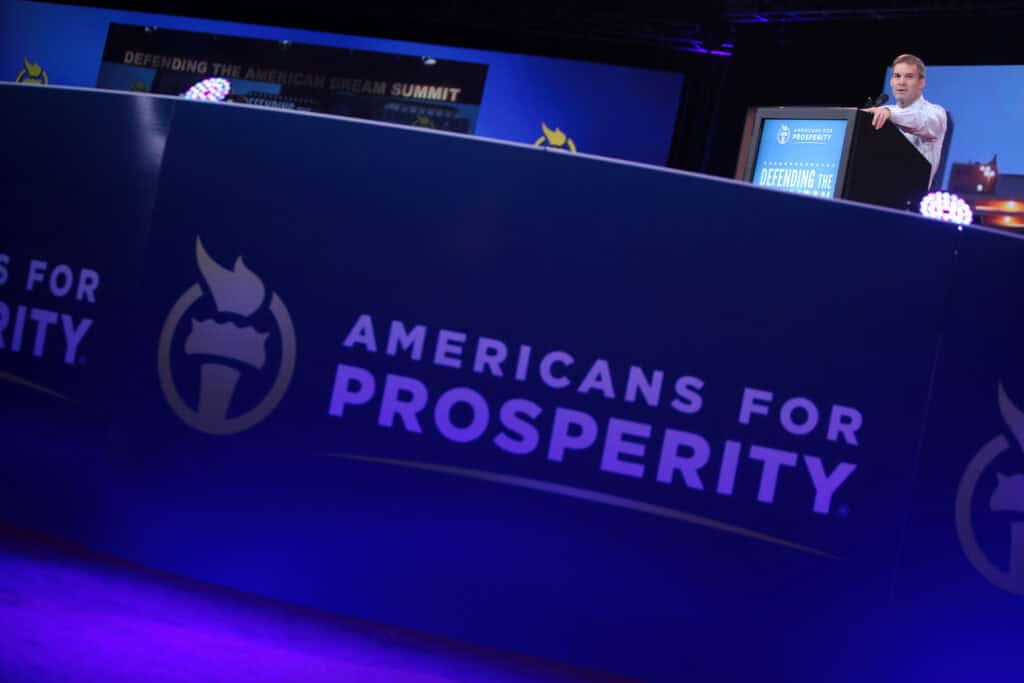Amicus Briefs
Americans for Prosperity Foundation v. Bonta
CASE SUMMARY
The question presented in this case was whether the holding of NAACP v. Alabama ex rel. Patterson would be applied to modern state attorneys-general who compel disclosure of supporter lists of unpopular organizations without articulating a substantial state interest in obtaining the information. Would this hard-won, bedrock civil rights era precedent still protect the vital relationship between the freedom to associate and privacy in one’s associations?
In a win for NCLA, on July 1, 2021, the U.S. Supreme Court recognized the blatant abuse of administrative power by a series of California attorneys-general. Chief Justice Roberts, writing for a 6-3 Court divided along ideological lines, held that the California Attorney General’s donor-disclosure policy for nonprofits—which began under Kamala Harris and continued under Xavier Becerra—was facially unconstitutional because it burdened donors’ First Amendment Rights and was not narrowly tailored to an important government interest.
NCLA filed three amicus briefs along the way in support of the petitioners in this case to defend the associational freedom and anonymity principles laid out in NAACP.
OUR TEAM
RELEVANT MATERIALS
NCLA FILINGS
Opinion of the U.S. Supreme Court
July 1, 2021 | Read More
Brief of the New Civil Liberties Alliance as Amicus Curiae in Support of the Petitioners
March 1, 2021 | Read More
Brief for the United States as Amicus Curiae
November 24, 2020 | Read More
Brief of the New Civil Liberties Alliance as Amicus Curiae in Support of the Petitioners
September 25, 2019 | Read More
PRESS RELEASES
SCOTUS Upholds Civil Rights Precedent Securing Free Association Rights in NCLA’s Sixth Amicus Win
July 1, 2021 | Read More
NCLA Urges Supreme Court to Protect Landmark Civil Rights Precedent Against “Cancel Culture”
March 1, 2021
NCLA Asks U.S. Supreme Court to Uphold Landmark Civil Rights Precedent
September 25, 2019
NCLA Chides U.S. Ninth Circuit Court for Gutting a 60-Year-Old Bedrock Civil Rights Precedent
April 4, 2019
NCLA: The U.S. Ninth Circuit Court of Appeals Must Not Allow California’s Attorney General to Turn Back the Clock on Civil Rights in America
October 5, 2018
IN THE MEDIA
The Hamburger Court
The New York Sun
February 8, 2023
High Court Nixes California Collection of Donor Info From Political Nonprofits
Courthouse News Service
February 8, 2023
Supreme Court To Hear Challenge To HHS Nominee Xavier Becerra’s Attempt To Sic Mobs On Conservative Donors
The Federalist
February 8, 2023
Calif. Donor Info Law Unnecessary, 14 States Tell High Court
Law360
February 8, 2023
Cancel Culture on Trial
NCLA Blog
February 26, 2021

